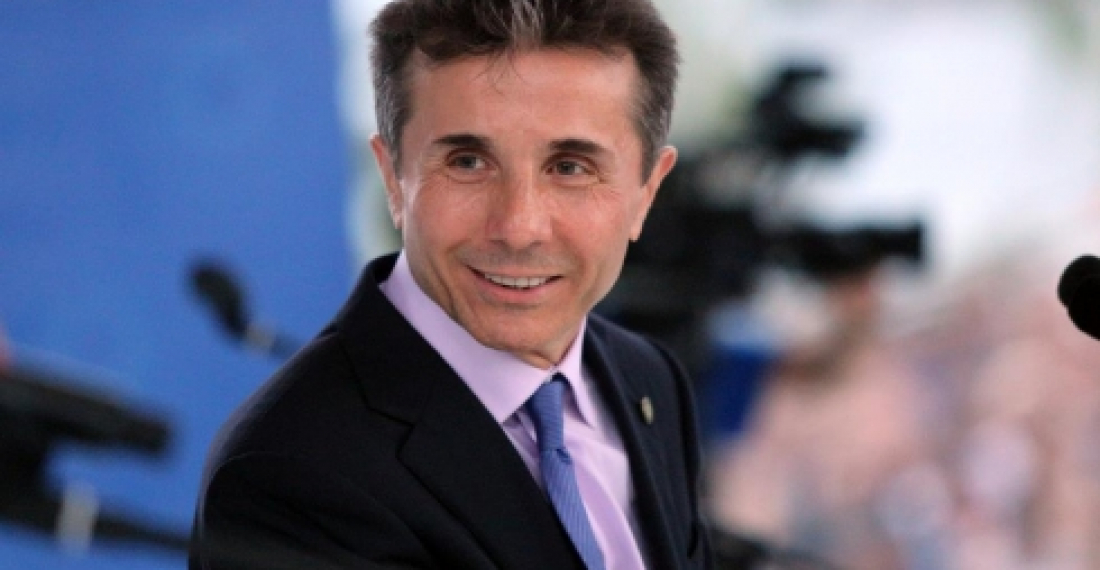The governments of Armenia and Azerbaijan, as well as different political forces, civil society and the business community in the two countries, are watching carefully as a process of transition of power gets under way in Georgia. Many hope that this could be the model for what may happen in their own countries in the future.
But of more immediate interest is the impact on the region of the change of power resulting from last Monday's election victory of opposiotion leader Bidhzina Ivanishvili, and the decision of the government of president Saakashvili to concede defeat. The cumbersone constiituional framework in Georgia means that this is likely to be a long and rather messy transition, yet the process has now started.
Georgia, Armenia, and Azerbaijan are inter connected with each other not only through history and geography, but also through people. Large numbers of people of Armenian and Azerbaijani ethnicity live in Georgia. Both Armenia and Azerbaijan depend on Georgia to deliver their goods to international markets, a situation that has been exacerbated by the conflict on Nagorno-Karabakh and the closure of the Armenian-Turklish land border.
Ivanishvili in his speeches during the election campaign has been meticulously careful to make references to Georgia's minorities in his speeches and to try to reach out to the people of Armenian and Azerbaijani ethnicity. The results of the elections in Georgia however show that the pattern of the past has been repeated. The voting in the areas predominantly populated by Armenians and Azerbaijanis showed huge support to the government, against a national trend in the oppositie direction. Traditionally these areas have always voted with the ruling party in elections - whoever the ruling party was. Some claim that this is a result of voter manipulation, either through fraud or intimidation. Minorities feel they are more susceptible to pressure. Traditionally Baku and Yerevan also used their influence on voters in the minority areas to buy favour in Tbilisi. Everything indicates that in this regard the parliamentary elections in Georgia in 2012 were "buisness as usual."
A new reality is now however dawning. Leading persons in Ivanishvili's political coalition,including Irakli Alasania and Tedo Japaridze have spoken on the importance of recalibrating Georgian foreign policy to increase attention to the region, and for Georgia to play a role as a regional hub. Saakashvili's government, whilst not doing anything to hinder this process, did little to encolurage it either, projecting Georgia as "different" from the others and focusing on other issues.
It will take some time for the new Georgian government to settle down. But once it does it is expected that new initiatives will be rolled out which the region has long been waiting for.
source: commonspace.eu
photo: Georgia's new leader Bidhzina Ivanishvili (archive picture)







